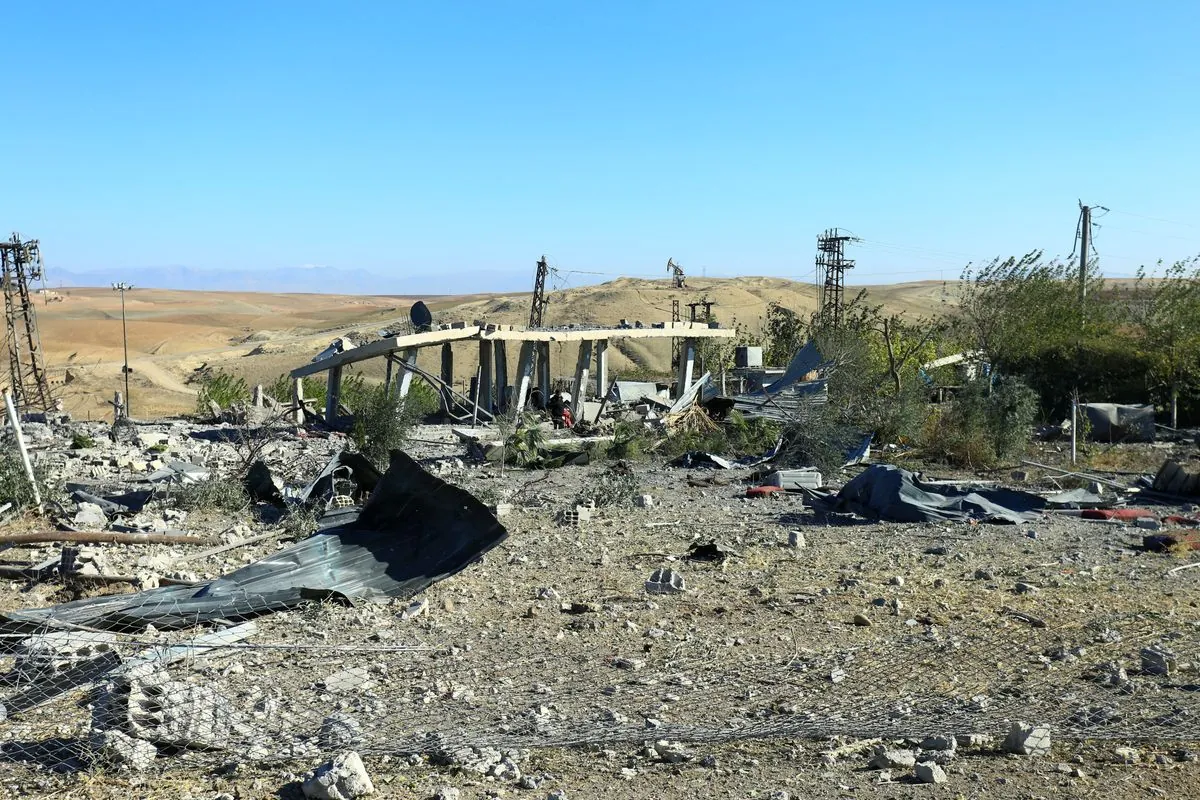On Thursday, September 4, 2024, a Turkish unmanned aerial vehicle conducted a strike in Iraq's Kurdistan region, resulting in three casualties. The incident occurred in the Sulaymaniyah area, one of the largest cities in Iraqi Kurdistan. Security and medical personnel reported that the targeted vehicle was engulfed in flames, complicating the identification of the victims.
This attack is part of Turkey's ongoing military operations in northern Iraq, which have been taking place since the 1980s. These actions are primarily aimed at combating the Kurdistan Workers' Party (PKK), an organization Turkey, the United States, and the European Union designate as terrorist.
The Kurdistan Region, an autonomous area in northern Iraq, has been formally recognized in the 2005 Iraqi Constitution. It operates under its own government, the Kurdistan Regional Government (KRG). However, the region has frequently been caught in the crossfire of the long-standing conflict between Turkey and the PKK.
The PKK initiated its insurgency against Turkey in 1984, initially seeking to establish an independent Kurdish state. Over time, their demands have shifted towards greater cultural and political rights for Kurds. This protracted conflict has resulted in over 40,000 fatalities in the past four decades.
Turkey has established numerous military outposts within Iraqi territory as part of its strategy to combat the PKK. The organization's main bases are situated in the Qandil Mountains of northern Iraq, leading Turkey to conduct both airstrikes and ground operations in the area.
These cross-border operations have occasionally led to tensions between Turkey and the Iraqi central government. Moreover, international human rights organizations have criticized both Turkey and the PKK for various abuses throughout the conflict.
The ongoing military actions have significantly impacted civilian populations in the border regions. The use of drone strikes, as seen in this recent incident, has become an increasingly common tactic in Turkey's operations against the PKK.
It's worth noting that the PKK's leader, Abdullah Öcalan, has been imprisoned in Turkey since 1999, yet the conflict persists. As of September 2024, the situation remains complex, with continued military operations affecting the stability of the region.
